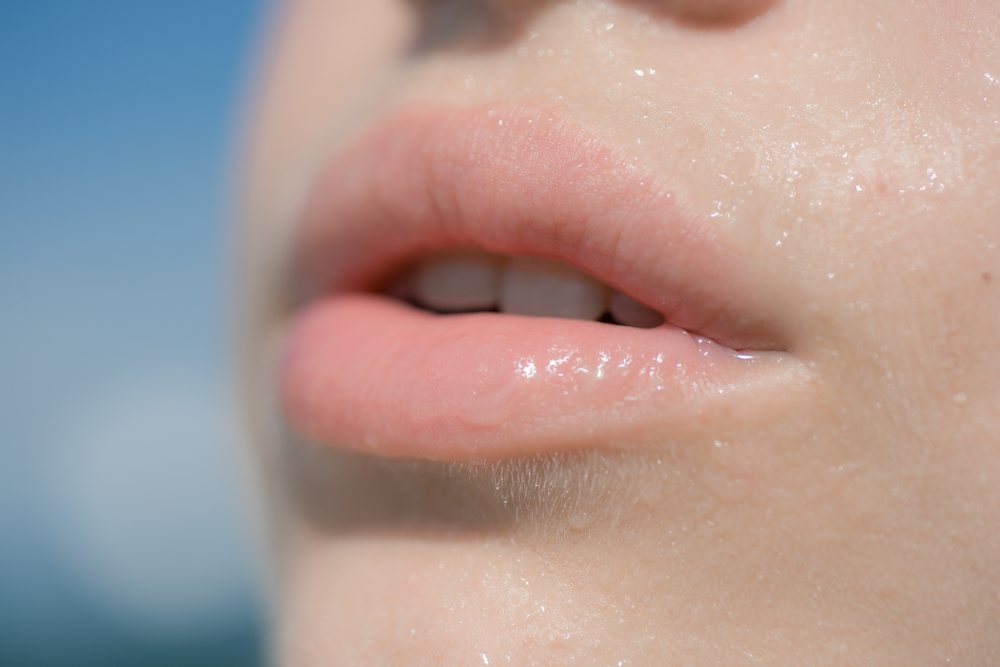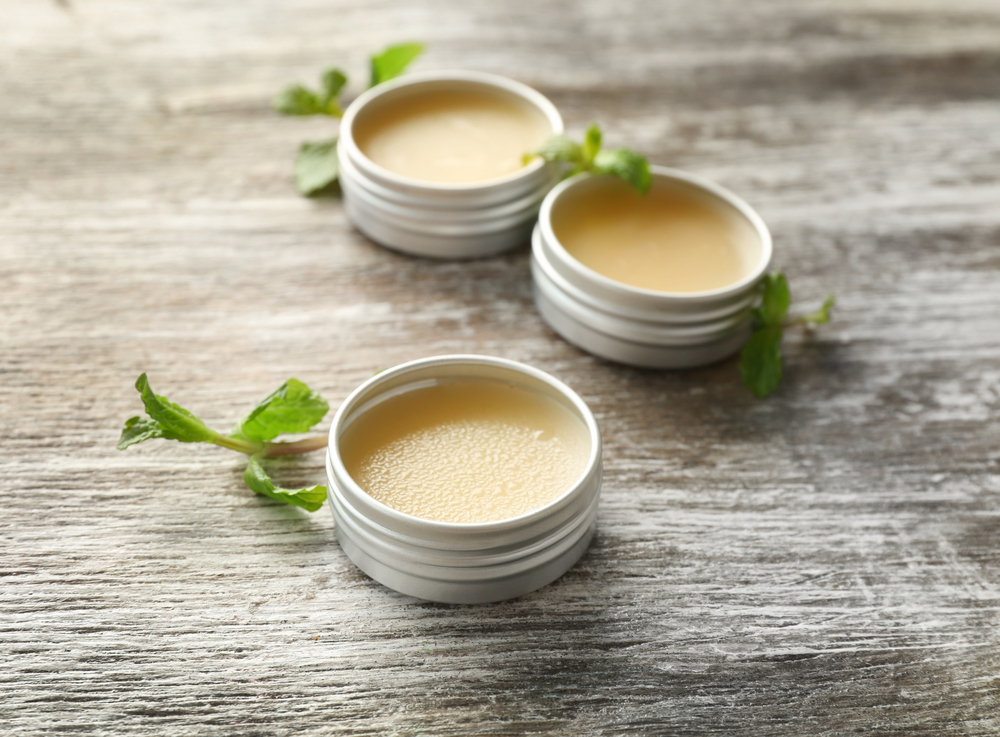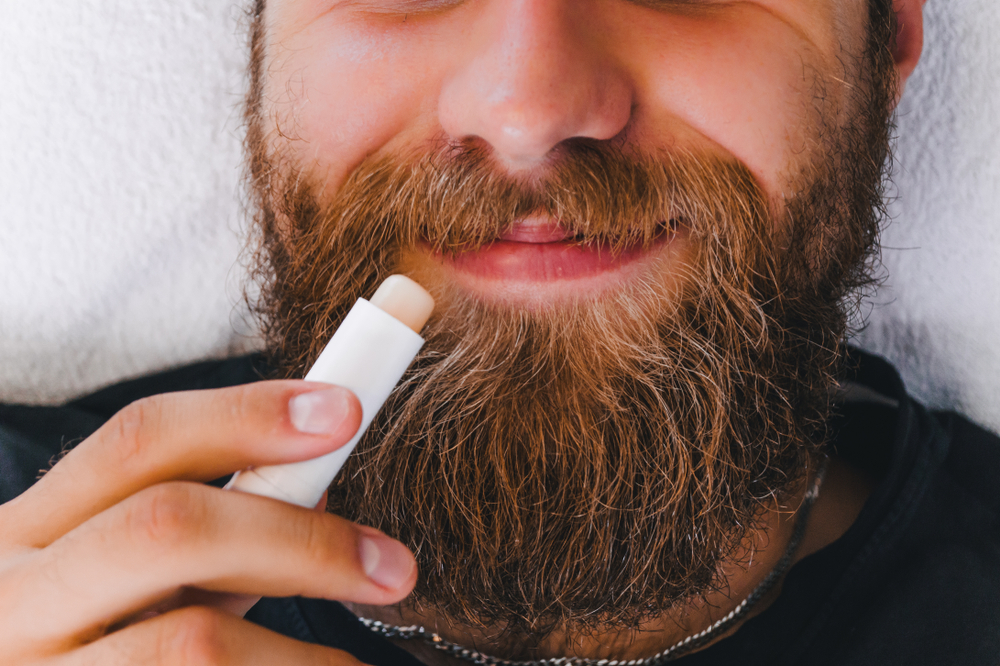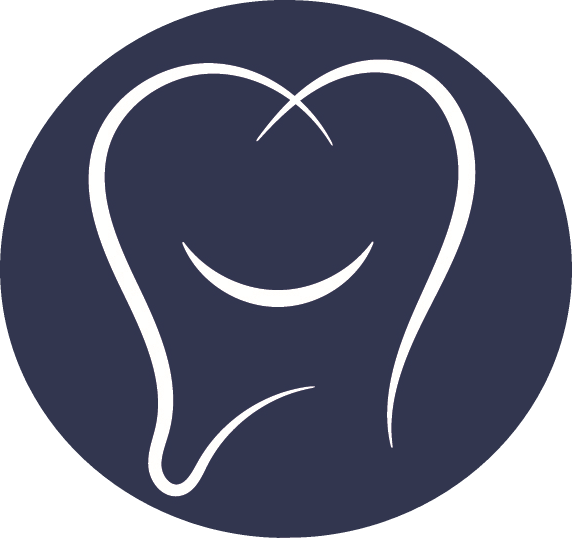
20 Jun Tips for Your Lips
Sometimes when we are treating a patient, their lips start to bleed because they are so dry. The delicate skin on our lips is constantly under siege from the sun, our diets, and ourselves. Over time, our lips become dry, cracked and discoloured from all the damage they endure. To help maintain the healthy suppleness of our lips, we should be protecting them.

Our lips look different from the skin on the rest of our body because the outer layers are so thin and they lack certain normal characteristics of skin. Skin usually has three separate layers: 1) stratum corneum, 2) epidermis and 3) dermis.
The stratum corneum is the outermost layer made up mostly of dead cells to protect the body from the external environment. Think of this layer like the tips of your fingernails but in our lips, this layer is very thin.
The epidermis is the middle layer that makes new skin cells once the older ones die off. This layer is also thin in our lips.
The dermis is the innermost layer and it contains blood vessels. The thin outer layers of our lips allow the blood vessels in the dermis layer to be seen; giving our lips a redder shade than the rest of our skin. The dermis in our lips also lack cells that produce melanin and moisture; therefore, our lips do not get UV protection from the sun and get dry easily.

Regular use of lip balm or lip ointment offers the best protection and moisturization for your lips. Look for ones that contain natural waxes and plant oils, like beeswax, shea butter and hemp seed oil.
I would recommend looking for lip balm that also contains UVA protection, aloe and vitamins A & E. For lip balms to be effective, we have to apply them on our lips regularly throughout the day. They should also be applied before you apply lipstick or lip gloss.
If you’re allergic to some of the ingredients listed above, you can always use petroleum jelly. That is our go-to in the clinic when a patient’s lips are dry and chapped.
Avoid licking your lips because when the saliva dries, it will draw more moisture off your lips. Instead, keep your lips hydrated by drinking enough water every day and using a humidifier at home. Your lips may also become cracked from a vitamin B deficiency so make sure you are eating the right foods to keep your lips healthy.
Scrubbing will remove the dead skin cells on the lips to restore a healthy shine and colour. I would caution that scrubbing with excessive force may cause more harm than good because it will irritate the skin of your lips. So be gentle on yourself!
Some common ways to exfoliate the lips include:
- lightly brushing the lips with a soft bristle toothbrush
- scrubbing with a sugar and honey paste

Be sure to apply a balm on your lips after the scrub. Your lips with thank you.
Phuong Luu, DDS


